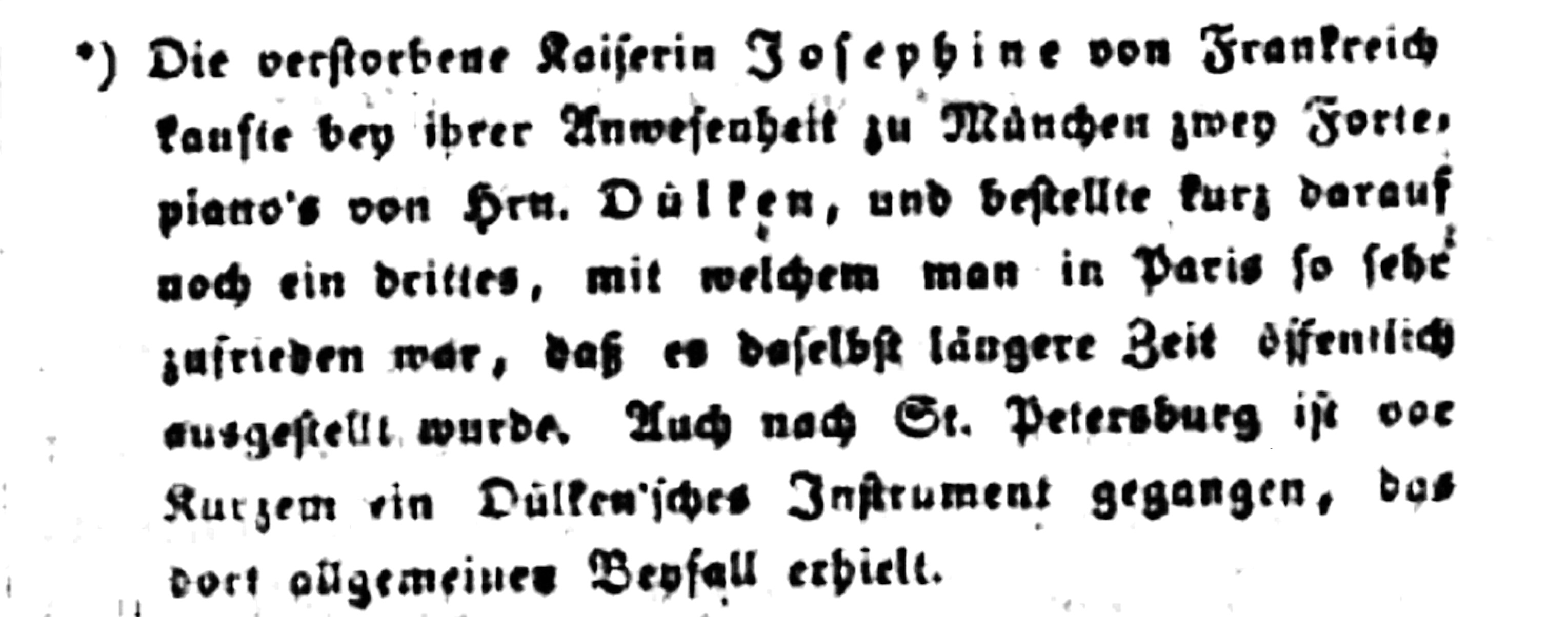
Born in 1781, Eugène de Beauharnais became aide-de-camp to his stepfather Bonaparte in 1797. He served in Egypt and at the Battle of Marengo and pursued a distinguished military career before being named Viceroy of Italy, a daunting task which he fulfilled to the best of his abilities and the relative freedom given to him by the Emperor. Officially adopted by Napoleon in 1806, he married the daughter of the King of Bavaria, Augusta Amalia. Their marriage was a happy one and they had six children.

Highly decorated during the Russian campaign, his loyalty to the Emperor earned him the respect of his contemporaries and proved him worthy of the motto he had adopted: "Honour and loyalty". After Waterloo he fled to Munich where his father-in-law named him Duke of Leuchtenberg, and devoted himself to his properties. Eugène remained the close friend and confidant of his sister Hortense, who he visited at her retreat in Arenenberg, but he died prematurely in Munich where he was buried in 1824. One of his daughters, Joséphine de Leuchtenberg, married the Swedish Prince Oscar Bernadotte who ruled from 1844 to 1859. She thus founded the lineage of sovereigns of Switzerland, Norway, Denmark, Belgium and Luxembourg.
Hortense de Beauharnais songs - Sister of Eugene de Beauharnais
Douze romances : mises en musique et dédiées au Prince Eugène / par sa soeur [Hortense, Königin der Niederlande. Mit 12 Lithogr. von Charles Louis Constans]- BLB






Keizerin Joséphine de Beauharnais
QUEEN HORTENSE COMPLETE MOVIE - LA REINE D’HOLLANDE - ARENENBERG
QUEEN HORTENSE - LA REINE D’HOLLANDE - PALACE ‘T LOO ‘KUNSTZAAL’
QUEEN HORTENSE - LA REINE D’HOLLANDE - PALACE ‘T LOO ‘KUNSTZAAL’
HORTENSE DE VERGETEN KONINGIN VAN HOLLAND
MEINCKE & PIETER MEIJER "Piano forte Fabrikeurs van hunne Majesteiten"
 Foundation Musick's Monument
Foundation Musick's Monument